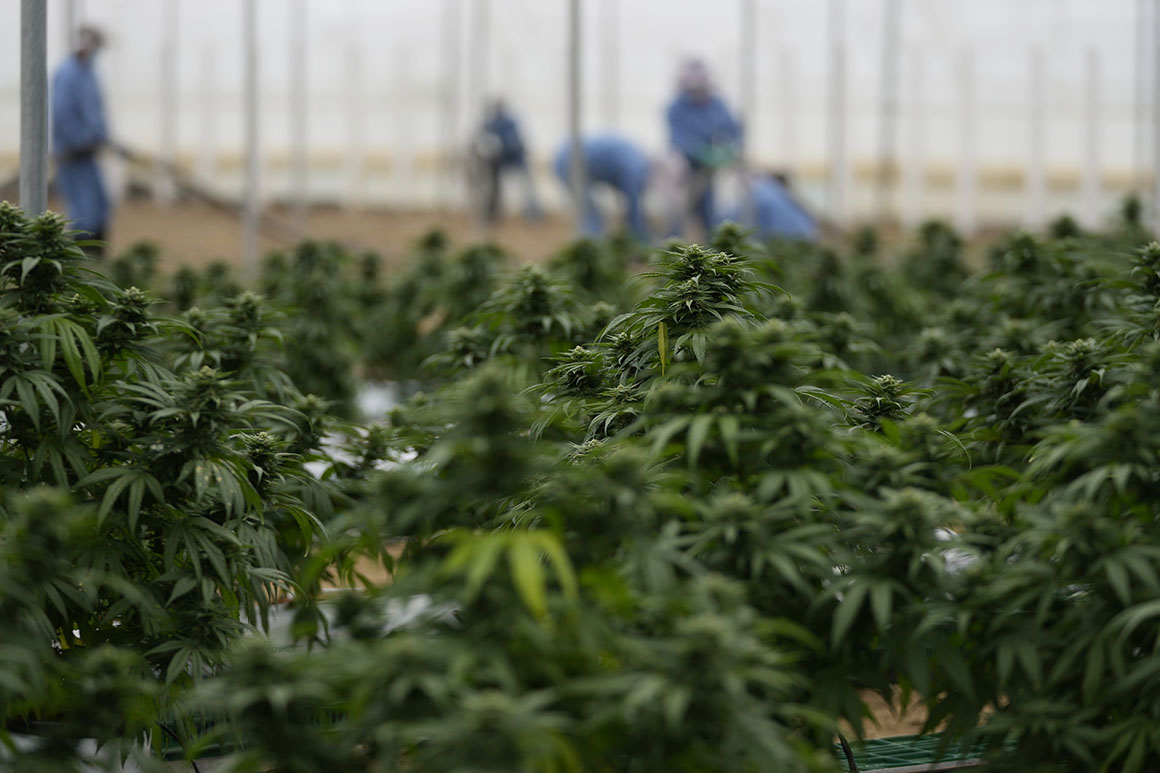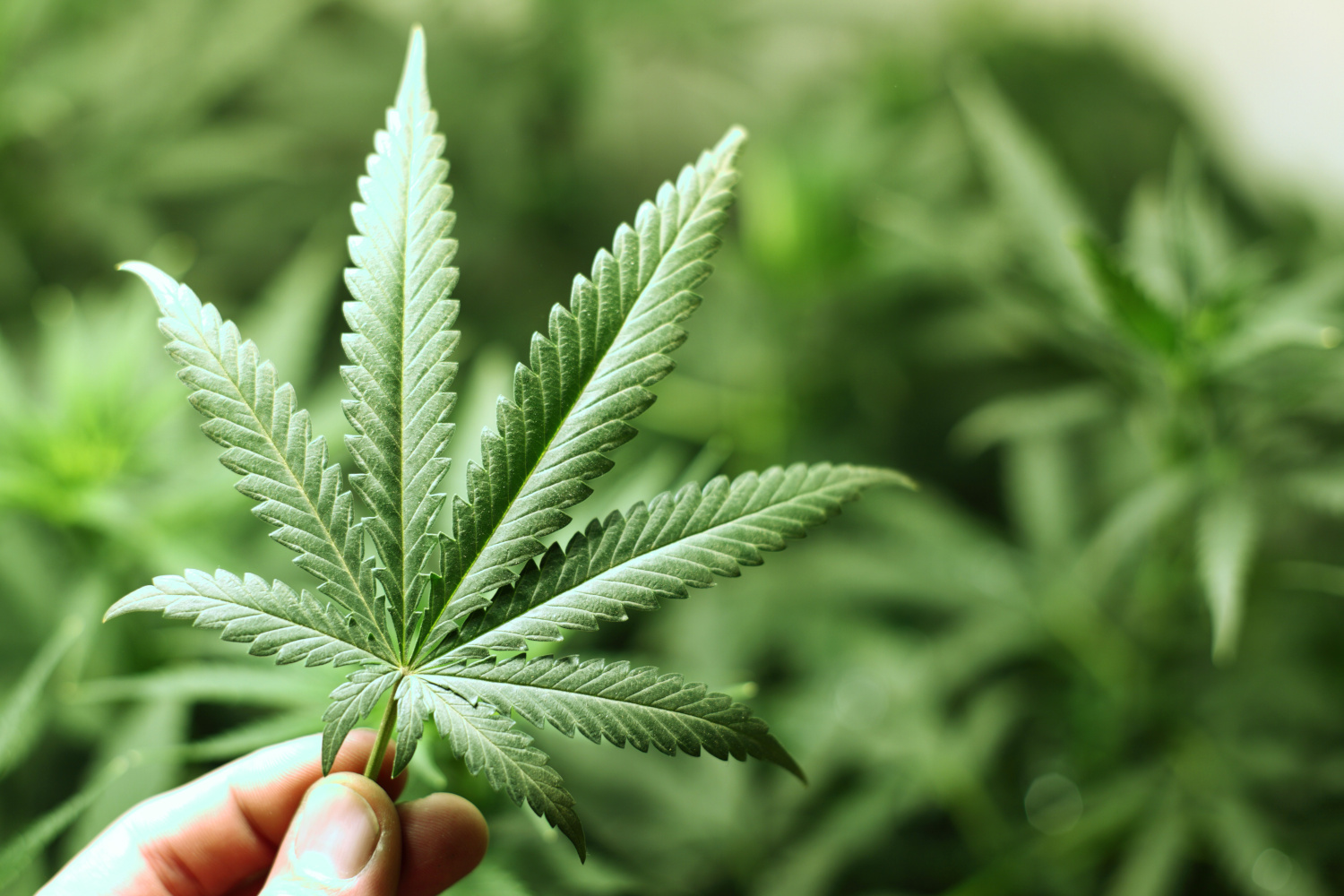Marijuana has long been a topic of debate, with some people claiming it is a completely harmless substance while others warn of its potential for addiction. With increasing legalization and social acceptance, many individuals are left wondering: Can you get addicted to marijuana? The answer, according to scientific research, is yes—though the nature of marijuana addiction differs from that of substances like opioids or alcohol.
Understanding Cannabis Use Disorder
Cannabis Use Disorder (CUD) is a medically recognized condition where individuals develop a dependency on marijuana, leading to negative impacts on their daily lives. According to the National Institute on Drug Abuse (NIDA), about 9% of marijuana users develop an addiction. This percentage rises to around 17% for those who start using it in their teenage years. The condition is characterized by compulsive marijuana use despite its adverse effects on personal, professional, and social well-being.
The Role of THC in Dependence
Tetrahydrocannabinol (THC), the psychoactive compound in marijuana, is responsible for its euphoric effects. Over time, regular exposure to THC can alter the brain’s reward system, making users more reliant on the substance to feel pleasure and relaxation. As tolerance builds, individuals may consume larger amounts to achieve the same effects, increasing the risk of dependence.
Signs and Symptoms of Marijuana Addiction
Recognizing the signs of marijuana dependence is crucial for early intervention. Some common symptoms of CUD include:
- Increased tolerance, requiring higher doses to feel the same effect
- Cravings and compulsive use despite negative consequences
- Withdrawal symptoms such as irritability, anxiety, insomnia, and loss of appetite
- Neglecting responsibilities or social activities in favor of marijuana use
- Difficulty reducing or controlling consumption
Marijuana Withdrawal: A Real Concern
One major argument against the idea of marijuana addiction is that withdrawal symptoms are not as severe as those of harder drugs. While it is true that marijuana withdrawal is not life-threatening, it can be distressing enough to make quitting difficult. Symptoms can last up to two weeks and may include mood swings, headaches, fatigue, and sleep disturbances.
Risk Factors for Developing Cannabis Dependence
Not everyone who uses marijuana will develop an addiction. Several factors can influence the likelihood of dependence, including:
- Age of First Use: Those who start using marijuana in adolescence are more susceptible to addiction.
- Frequency of Use: Daily or heavy users are at higher risk.
- Genetics: A family history of substance use disorders can increase vulnerability.
- Mental Health Conditions: Individuals with anxiety, depression, or other mental health disorders may be more likely to develop dependence.
Treatment and Recovery Options
For those struggling with marijuana addiction, several treatment options are available. Cognitive Behavioral Therapy (CBT), motivational enhancement therapy, and support groups can be effective in helping individuals reduce or quit marijuana use. Lifestyle changes, such as engaging in physical activity, practicing mindfulness, and building a support network, can also aid in recovery.
Conclusion
While marijuana is often considered less addictive than other substances, it is not without risks. Cannabis Use Disorder is a real and growing concern, particularly with the rise in high-potency THC products. Understanding the potential for dependence and recognizing the signs of addiction can help individuals make informed decisions about their marijuana use. By promoting awareness and offering support, we can ensure that those struggling with marijuana dependence receive the help they need.

